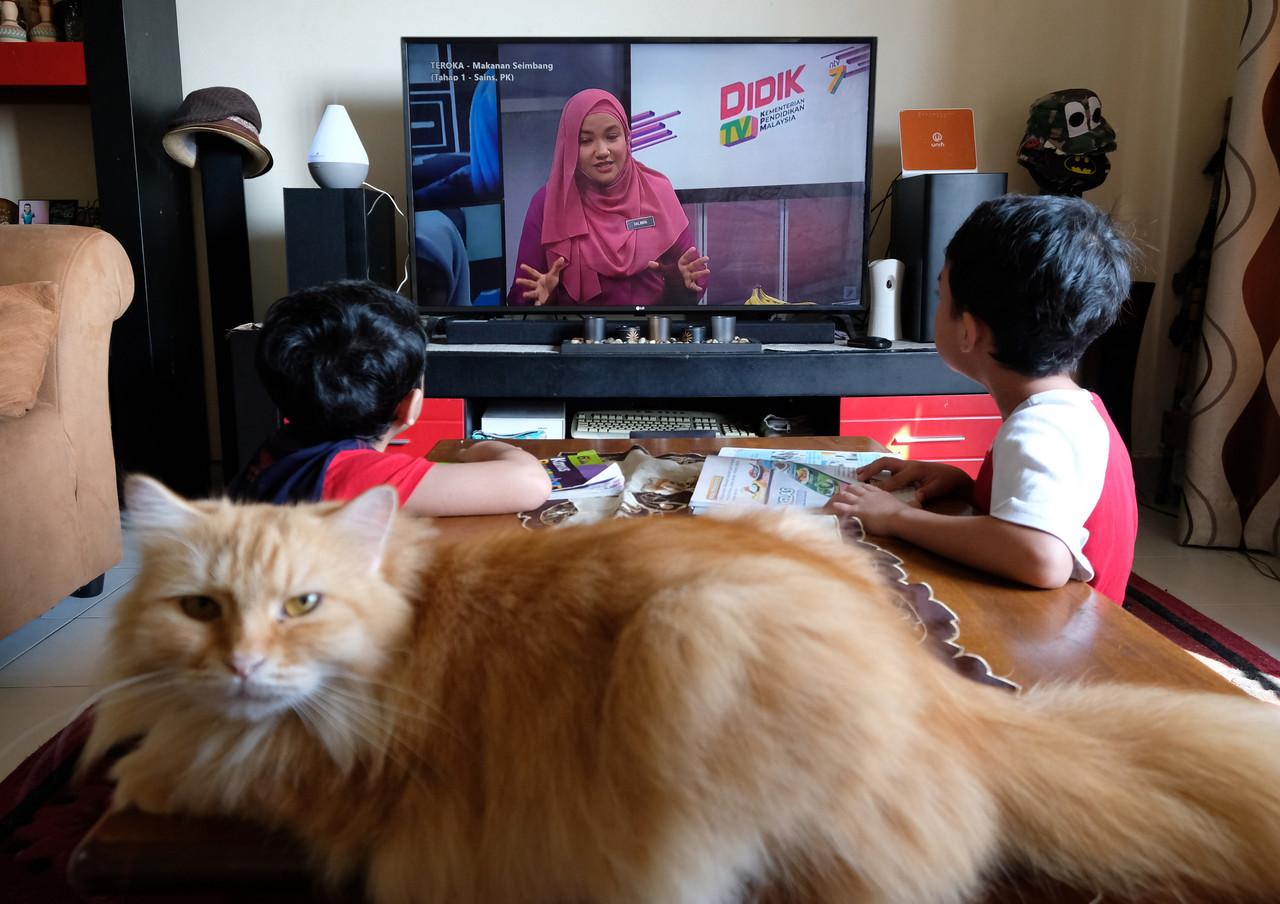Throwing stones won’t help, educationists say on teacher with ‘bad English’
They say mispronunciations should be corrected through positive reinforcement, and that mocking others for their English won't improve anything.
Just In
Educationists have rallied to the defence of a science teacher who recently came under fire on social media for mispronouncing English words in a programme on an educational TV channel, saying mocking others for their level of proficiency will not help improve the standard of English in the country.
The teacher, Rafidah Rahmat, was heavily ridiculed for her presentation on DidikTV in which she uttered sentences with poor intonation in addition to mispronouncing a number of words. An 88-second clip of her speaking went viral on social media, with many criticising and poking fun at her.
Noor Azman Zainol, an English teacher at a public school, said it was unfortunate that Rafidah had borne the brunt of the disparagement just because she happened to be in front of the camera.
“If her English was not good enough, who cast her? Was she not coached at all?” he asked.
“Surely these people are to be held accountable for the overall quality of the TV programme,” he said.
Noor Azman, who is also a senior administrative assistant at SMK Seri Badong, said Malaysia’s standard of English had deteriorated over the years.
“Before correcting someone, we should ask ourselves: are we doing it to help the person or to make fun of the person?”
However, he said degrading Rafidah’s English in public would discourage her and others, especially students, from using the language for fear of making mistakes and experiencing similar ridicule.
Surinderpal Kaur Chanan Singh, an associate professor at Universiti Malaya, agreed. She said mispronounciations should be corrected through constructive feedback, not by mocking the person who made the mistakes.
“Before correcting someone, we should ask ourselves: are we doing it to help the person or to make fun of the person?
“If it’s the latter, then it’s best to keep quiet. If it’s the former, then feedback given privately is best. Mocking people is counterproductive and achieves nothing but to humiliate people,” she told MalaysiaNow.
Surinderpal, who heads the university’s faculty of languages and linguistics, added that it is important to distinguish between bad grammar and the Malaysian accent.
“The Malaysian way of pronouncing words in English is not necessarily a bad thing,” she said.
“It’s part of the different varieties of English across the world. It actually has value and is a distinct part of our culture and identity.”
In Rafidah’s case, she said, the issue is incorrect use of stress and intonation when speaking in public. She suggested that people be trained to speak normally in public, taking into account intonation and enunciation.
Pronouncing words in a Malaysian accent is not necessarily a problem as long as the message gets across, she added.
“The more mistakes you make out of more trial and error, the more things you learn.”
“Understanding the message means more to me than being rigidly correct with grammar or pronunciation. We should be helping people grow in terms of proficiency and confidence in speaking in English.”
Helping is key, Noor Azman agreed. He said those with a poor command of English should be corrected through positive rather than negative reinforcement.
Gaining fluency and accuracy in language is helped by practice, he said.
“The more mistakes you make out of more trial and error, the more things you learn.”
And for those who still trip here and there, Surinderpal said they should not allow themselves to be negatively affected.
“If you are corrected for mispronunciation, accept it as constructive feedback, improve yourself and move forward.
“Immerse yourself in speaking, reading and writing English on a regular basis. Force yourself to read English newspapers, listen to newscasters who speak English well. If we do it once in a while, it’s not going to help at all.”
Subscribe to our newsletter
To be updated with all the latest news and analyses daily.
